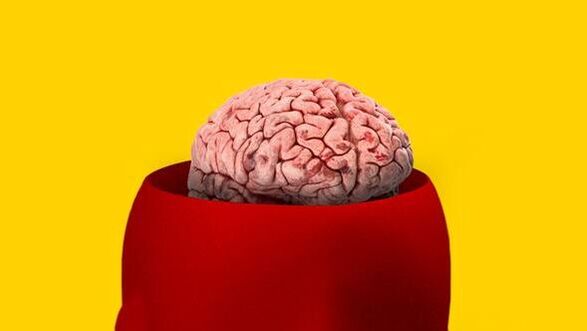|
Feature by Nikita Fernandes Image via Unplash ADHD or attention-deficit/hyperactivity disorder is a state of neurodivergence in which people's executive functioning skills are impacted differently from people without ADHD. According to the National Institute of Mental Health, people with ADHD experience inattention, hyperactivity and impulsivity. There was recently a surge on the tiktok platform of people claiming they have ADHD. Although the symptoms of ADHD are recognizable in childhood, some people go years without being diagnosed and find out late into adulthood. This can bring about an identity shift in how they've previously seen themselves. There is a lot of research that exists about ADHD during childhood but the research looking at adult ADHD is still scarce. Stimulants are the most common line of defense against the symptoms of ADHD. However, even stimulants cannot manage all the symptoms of ADHD that show up in different areas of people's lives. ADHD can show up in people's jobs, sex lives, financial decisions, interpersonal relationships and so on. Therefore, it is imperative to develop skills that help with daily functioning. ADHD Coaching: An ADHD coach is someone that has a training in helping people manage their executive functioning skills. They can hold people accountable as people learn to implement helpful strategies such as planning ahead and thinking through decision making. Psychotherapy: Navigating life as a neurodivergent individual in a neurotypical world can be frustrating for people with ADHD. Mental health counseling can help people learn the emotional regulation skills to manage their emotions and come to terms with their ADHD identity. Support Groups: People with ADHD can find community in group spaces where they can relate people people that share their identities. It can be helpful to know that they are not alone as they find refuge in each other. Movement: Physical movement can be a helpful and cost effective way to manage the symptoms of ADHD. It increases the levels of neurotransmitters such as dopamine, epinephrine, norepinephrine, and serotonin in the brain. AuthorNikita Fernandes is a mental health therapist in New York City. She is currently being trained as a sex therapist through the Modern Sex Therapy Institute.You can contact Nikita at [email protected] and read more blog posts at www.mwr.nyc.
0 Comments
Leave a Reply. |
Authors
Archives
February 2023
Categories
All
|

 RSS Feed
RSS Feed